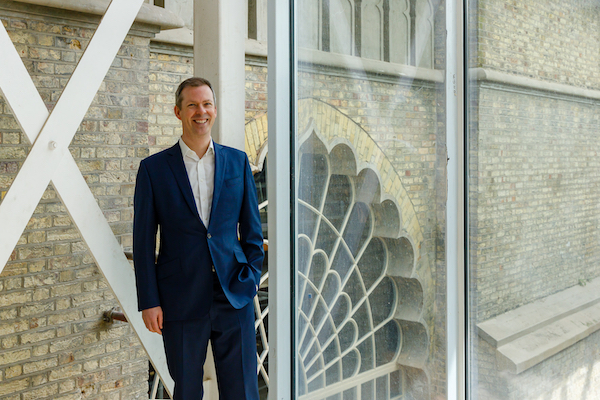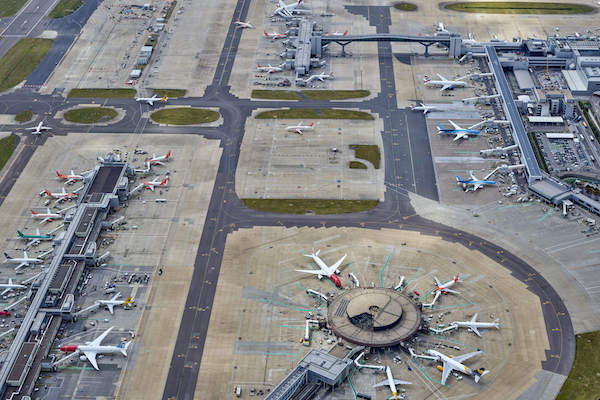
In homes across Brighton fresh bread had been baked, coffee had been percolated and croissants warmed in readiness for the inaugural ‘virtual’ Brighton Chamber breakfast, where 50 Chamber members came together online.
And what better way to kick off the new-style breakfast than with Andrew Comben, Chief Executive of Bright- on Dome and Brighton Festival as the guest speaker. Andrew talked us through both the challenges and opportunities presented by the Covid-19 crisis, and shared his vision for the future of arts and culture in Brighton in a post-pandemic world.
We caught up with Andrew after his talk so he could elaborate on some of the points he raised and share them for anyone who couldn’t be there on the day.
Do you envisage a blend of online and live events in future and have you any thoughts yet on how this might work?
We have learned a lot over the last few months - we’ve gone beyond simply streaming, offering Brighton Festival at Home and providing online music tuition to more than 3,000 students. We feel there has been a real shift towards making events participatory and engaging.
We’re also embarking on some really exciting work as a 5G testbed so whilst we’ll never want to let go of the importance of the live experience, delivering more online that brings both the live and the online experience together is something we definitely want to develop.
How might Brighton Dome and Brighton Festival work to stimulate consumer confidence in returning to live events?
From our own audience surveys and national survey data it’s clear that people will be very keen to attend live events again. The question is when!
We’re collaborating with the government and with organisations across Brighton to determine the conditions under which it will be safe and viable to reopen venues. A whole host of protocols are being considered including cleaning standards, capacity limits and temperature testing.
We’re keen to restart as soon as we can, as Brighton Dome and the whole cultural sector contributes a huge amount to the local economy, stimulating tourism and spending in the city.
We’re also looking at ways we can continue to make a positive contribution to Brighton’s culture and the economy even while our venue is closed.
In what ways have online events enabled better inclusivity for communities in Brighton and how will you look to preserve this in future?
We helped keep the spirit of the Children’s Parade alive this year by encouraging families to have their own mini parades at home. This meant children and families across the region were able to participate in ways they wouldn’t otherwise have been able to, particularly those with special educational needs.
Online isn’t a solution to everything, with high numbers of people still without access to the internet, but we want to build on everything we’ve learned this year and continue to widen access to as many people as possible.
How is Brighton unique in its resilience, preparedness and ability to innovate?
Brighton has been a well-networked city for a long time, but its spirit of openness and partnership feels more important now than ever.
There’s a really impressive amount of practical collaboration going on right now in the cultural and creative industries sector, and between businesses, charities and the voluntary sector.
With everyone fighting to survive it would be understandable if people didn’t see working together as a priority, but actually the reverse is true.
I am sure this will be what sees us through, but I am also sure we have to use this moment not just to innovate, but to design solutions that are more inclusive and more sustainable in the future.”





